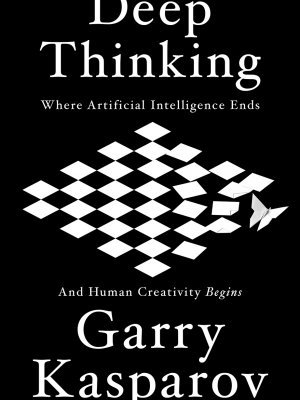Hitmen for Hire – Mark Shaw – Jonathan Ball Publishers – R275
Developed a little ‘problem’, have you? Need someone to ‘take care of it’ for you? No, I’ve not been watching too many episodes of New Tricks or The Sopranos on TV. According to Mark Shaw, you simply go to your local taxi rank and ask around until you find an izinkabi – the colloquial Zulu name for a hitman.
Shaw reports that they’re quite common and not at all the polished, expert assassins of fiction. Nor do many of them live very long, dying quite often at the hand of another killer.
Shaw’s an expert on the subject, having visited some very dark, dangerous places to meet some very chilling people. Drug-fuelled strands run through Hitmen for Hire, among them the brutal gangs of the Cape Flats, the Nigerians – who also run prostitutes – and almost the entire minibus taxi industry. According to Shaw, the violent origins of the minibus taxi industry in the 80s laid the foundation for much of the current carnage.
Most disturbing, but unsurprising, is the role played by the SAPS. In the taxi industry, for example, there is “widespread corruption and collusion among law-enforcement officers” and plenty of corrupt police officers who “often warn their gang contacts in advance of a planned police drugs raid”. Corruption goes right to the top of the police force, and Shaw cites Generals like Richard Mdluli and Joey Mabasa.
No, this is not a TV series. It’s modern South Africa and it’s frighteningly real.
A Journey of Diversity & Inclusion in South Africa – Guidelines for Leading Inclusively – Nene Molefi – Knowledge Resources – R325
For many people, diversity is an academic concept to which people pay lip service. Not for Nene Molefi, who has travelled many miles down this road.
Her journey began as a child in Soweto, where black people from other African countries were viewed with suspicion, where Tshivenda and Xitsonga speakers “were considered inferior: supposedly darker, they were deemed less sophisticated, less everything…” and where white people were “all white people were clever. They were all smart. They were all rich. And they would rather allow a dog to sleep inside the house in bad weather than to shelter a black person because they were all racist.”
Through her personal experiences as she grew up, went to university and entered the world of work, Molefi reveals fundamental truths about how humans interact with other humans, and how our stereotypes influence and condition those interactions.
Each chapter of the book ends with a section called Insights and Tips – in essence, a worksheet to help the reader overcome the prejudices which we all carry with us.
It’s an invaluable resource if you’re attempting to deal with diversity and inclusion in your own workplace and to understand how your own background and upbringing may be blocking your actions and responses. But more than that, it’s also a remarkable testimony, seen through the eyes of a bright, intelligent, female victim, of just how distorting, unfair and inhuman the system of apartheid truly was and how its long shadow still falls on us today.
Deep Thinking – Where Machine Intelligence Ends and Human Creativity Begins – Garry Kasparov – John Murray – R315
Much is being written and spoken now about Artificial Intelligence. Will the machines rise up and kill us, as implied by Elon Musk? Or will they simply take all our jobs, as Jeff Immelt has suggested in a previous edition of Acumen?
Someone who has been on the receiving end, as it were, of a machine is former world chess champion, Garry Kasparov, who became, in 1997, the first world champion to lose a match to a computer – IMB’s Deep Blue II.
Deep Thinking is the story of that loss, of how Kasparov played badly, of IBM’s brutal determination to score the win, of underhand tactics and espionage during the match itself, all told by the man who came second with an engaging honesty, especially about his feelings then and now. But it is also a tale of how computers evolved as games-playing machines, of how programmers thought they could work, and why they didn’t – at first.
In this way, Kasparov presents a far more optimistic scenario for humanity. Computers crunch numbers at very great speed, far, far faster than any human. But the human brain is needed not only to harness the machines, but also to dream. “Machines cannot dream,” he reminds us, and we will need the machines “…to turn our grandest dreams into reality”.






